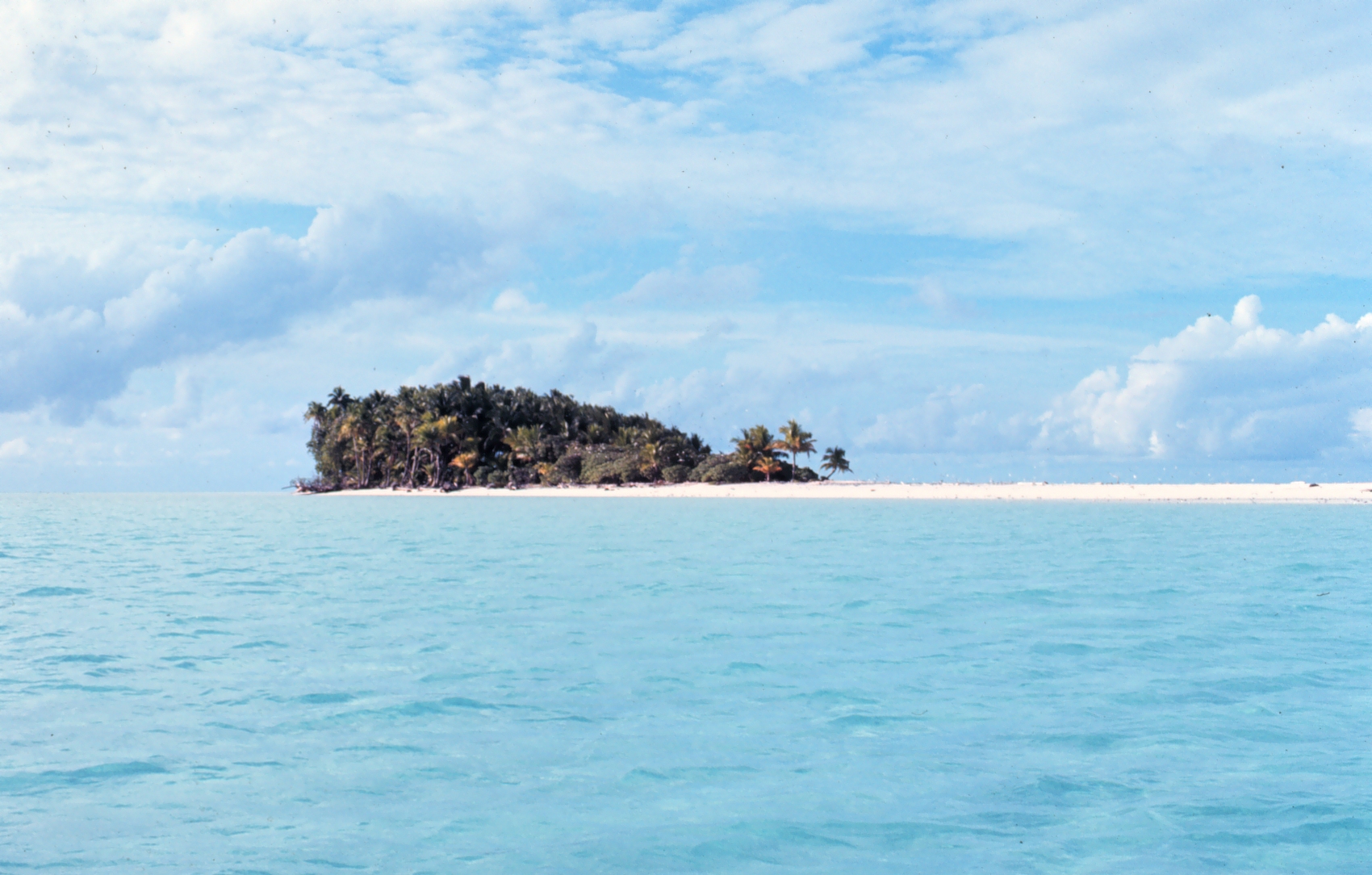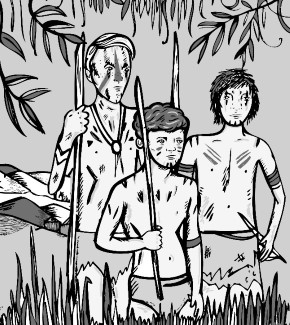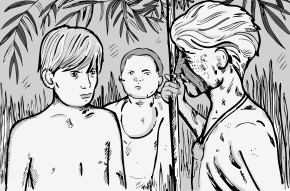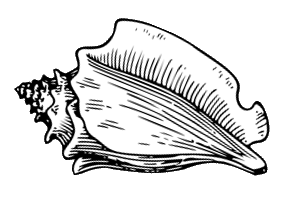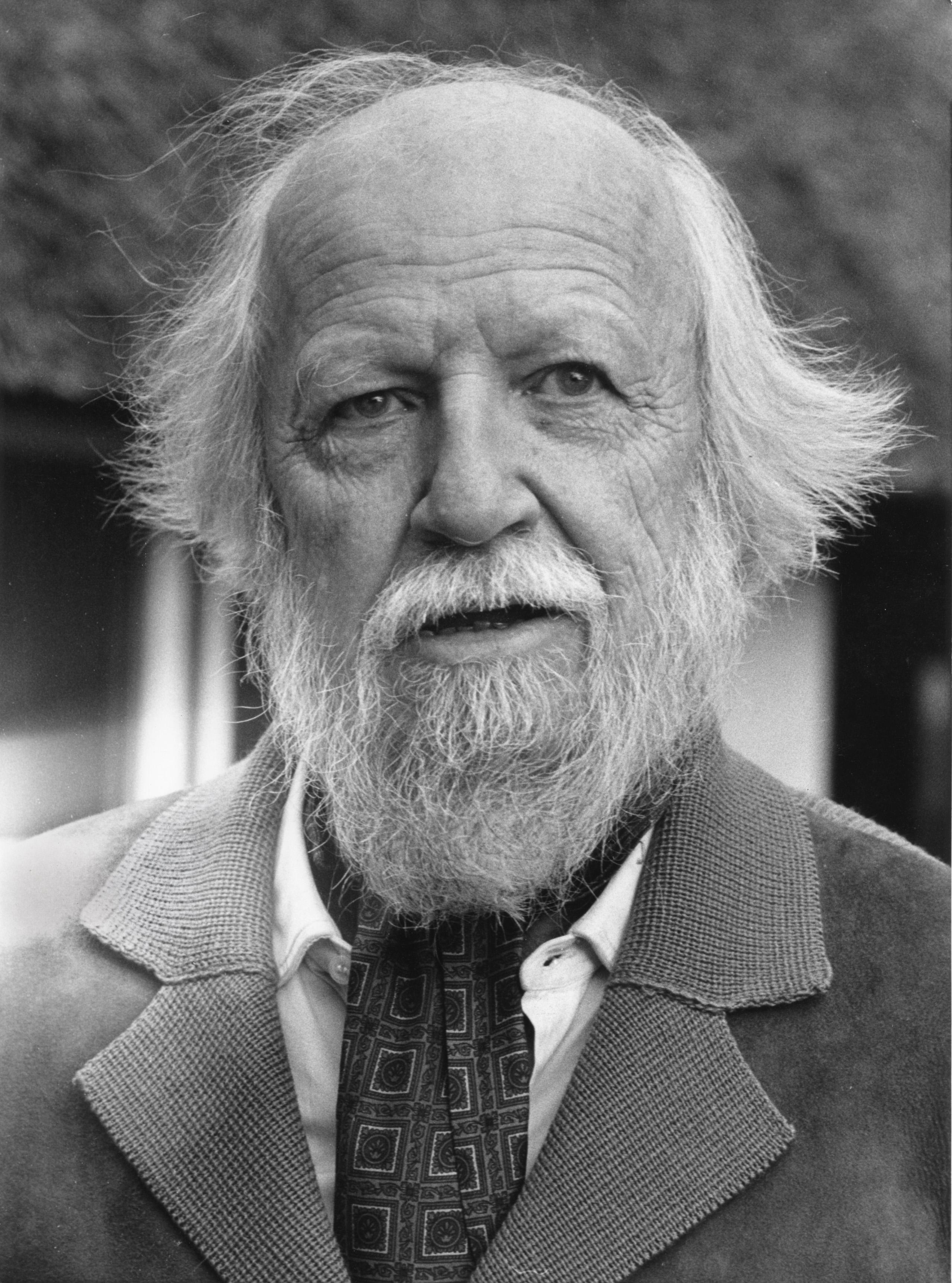
Golding, William
William Golding was born in 1911, in a Cornish village, and grew up in Newquay. His family were fairly forward-thinking and progressive for their time. His father was a schoolteacher who believed in some quite radical political ideas. He also had a strong faith in the sciences. They brought the young William up to think about the world for himself, and encouraged him to foster his own ideas and beliefs.He studied first at Marlborough, an expensive boarding school, where he mainly focused on Physics and English. He continued his education at Brasenose College, Oxford. There he concentrated on English and, to satisfy his father’s wishes, Natural Sciences as well. Therefore, by the time he left university he had gained an intimate knowledge of English and Classical literature, coupled with a steely appreciation of the world of science. His first major book, a poetry collection, was published in 1934 – before he had even completed his degree.
In 1940, with Britain fighting an increasingly desperate war against Hitler’s Germany, Golding did his duty and enlisted in the navy. He soon found himself in charge of a rocket ship, and saw plenty of action. He was involved in the sinking of the German flagship, the Bismarck, and again during the Allied invasion of Normandy, northern France, in 1944.
After the Second World War, William Golding took a teaching job in Salisbury. It was while he was teaching that he wrote his first major novel, Lord of the Flies. Incredibly, some 21 publishers turned him down until he found someone willing to print his book.
Lord of the Flies sold very well in Britain, and later in America, and the proceeds from the book were enough to allow Golding to retire from teaching to write full-time. Over the years that followed, he was to publish many novels, namely The Inheritors (1955), Pincher Martin (1956), The Spire (1964), Darkness Visible (1979) and Rites of Passage (1980).
Golding was finally to receive the appreciation he deserved in 1983 when awarded the Nobel Prize in Literature, ‘for his novels which, with the perspicuity of realistic narrative art and the diversity and universality of myth, illuminate the human condition in the world of today’. In a nutshell that means he was awarded the prize in recognition of the insights he had provided into human nature. Although many would argue that Golding peaked with Lord of the Flies, he went on to be knighted in 1988. He He died the ‘Grand Old Man of Literature’ in 1993, his final novel, Double Tongue, uncompleted.
© ZigZag Education 2026: content may be used by students for educational use if this page is referenced.
Show / hide details
| 1911 |
William Golding was born
|
|
| 1921–1930 |
Golding’s school years
|
|
| 1930 |
Golding started at the University of Oxford
|
|
| 1932 |
He changed his degree from Science to Literature
|
|
| 1934 |
His poems were published
|
|
| 1934 |
Golding graduated
|
|
| 1935–1937 |
Golding became a teacher
|
|
| 1937 |
Golding returned to Oxford
|
|
| 1938 |
He moved to Salisbury
|
|
| 1939 |
Golding got married
|
|
| 1954 |
Lord of the Flies was published |
|
| 1963 |
Lord of the Flies was made into a film
|
|
| 1983 |
Golding won the Nobel Prize
|
|
| 1988 |
He received a knighthood
|
|
| 1993 |
Golding died aged 81
|


